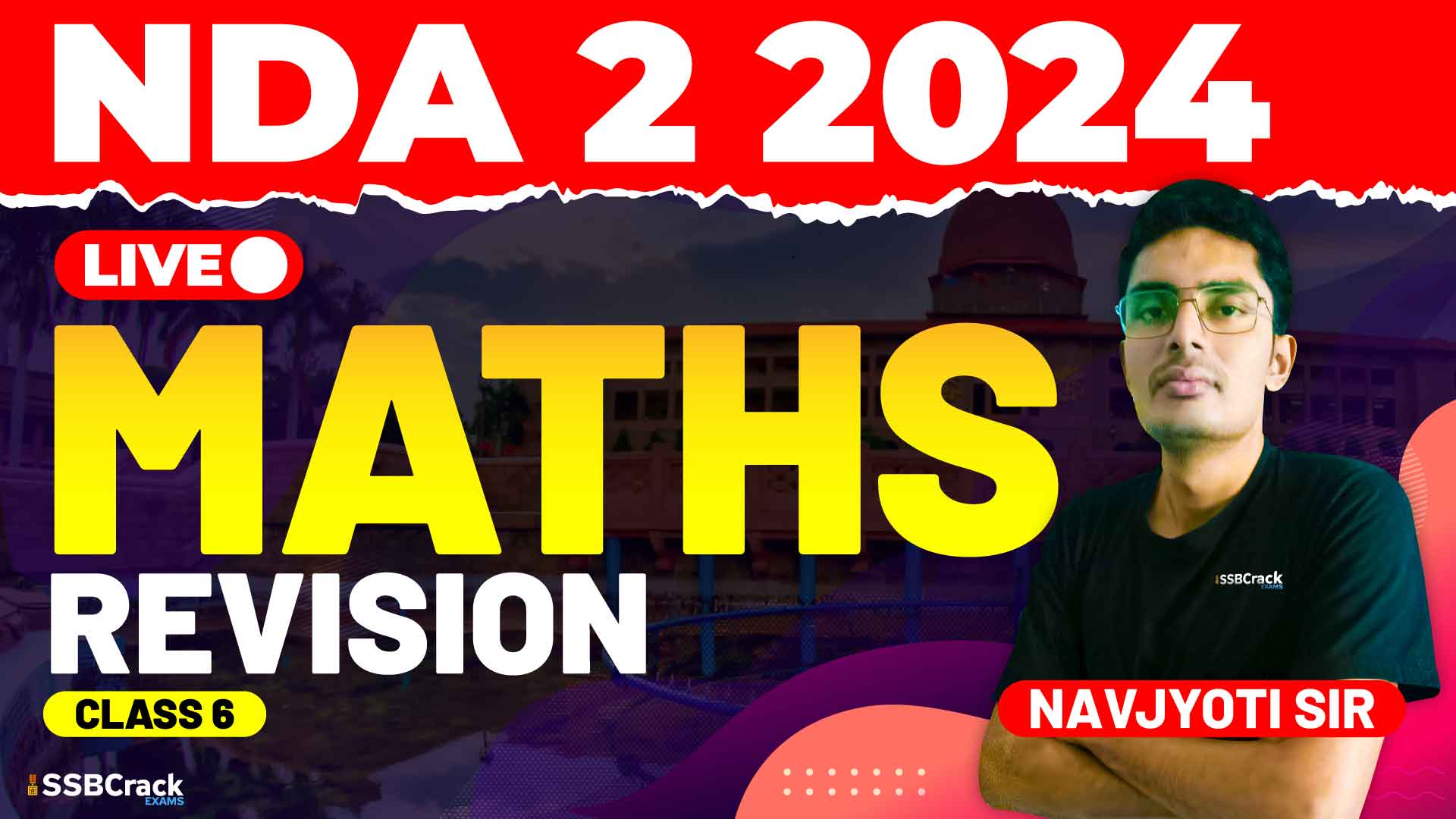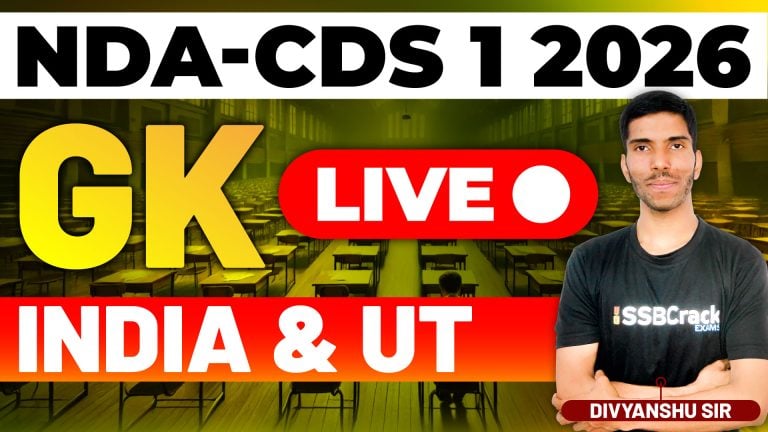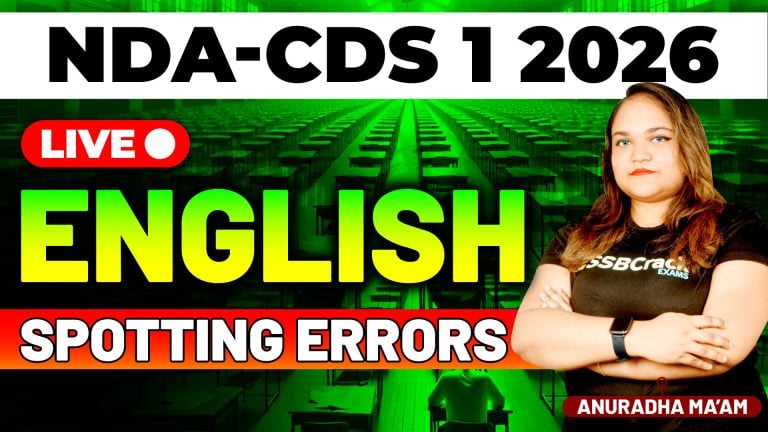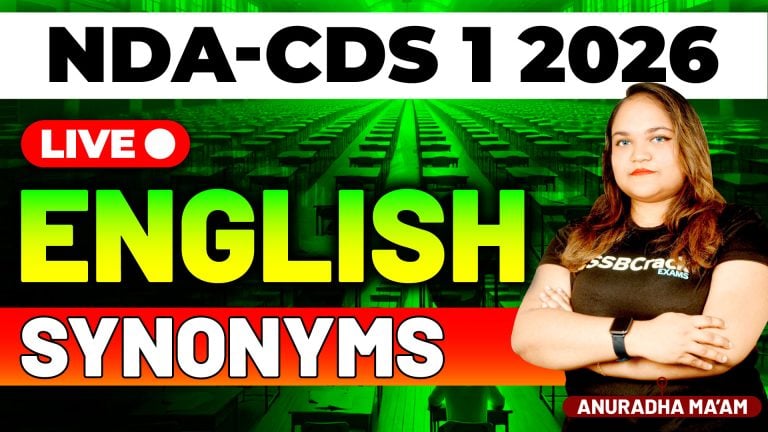The National Defence Academy (NDA) and Naval Academy (NA) exams are crucial milestones for those aspiring to join the Indian Armed Forces. The Mathematics paper in these exams is often seen as one of the most challenging sections, requiring a strong grasp of various mathematical concepts. Recently, a class was dedicated to revising key topics such as Analytical Geometry of 3-Dimensions (covering lines, planes, and spheres) and Permutations and Combinations. This article will delve into these topics and provide strategies to effectively tackle related multiple-choice questions (MCQs) in the exam.
Understanding Analytical Geometry of 3-Dimensions
1. Lines in 3-Dimensions:
In Analytical Geometry of 3-Dimensions, understanding the concept of lines is fundamental. A line in three-dimensional space can be defined using vector equations or parametric equations. These equations describe the position of a point on the line concerning a given direction. Key points to focus on include finding the angle between two lines, determining whether lines are parallel, intersecting, or skew, and finding the shortest distance between two skew lines.
2. Planes in 3-Dimensions:
Planes are flat surfaces extending infinitely in three-dimensional space. They can be represented by equations in various forms, such as the general form, normal form, or intercept form. Understanding how to find the angle between two planes, the line of intersection of two planes, and the distance of a point from a plane is crucial for solving MCQs. Additionally, determining whether a given line lies on a plane or whether two planes are parallel or perpendicular can often be tested.
3. Spheres in 3-Dimensions:
Spheres are another essential concept in 3-D geometry. A sphere is defined by its center and radius, and its equation is derived from the distance formula in three dimensions. Understanding how to find the equation of a sphere given its center and radius, determining the position of a point concerning a sphere, and the intersection of a plane with a sphere are key areas that are often tested in the NDA-NA exam.
Tackling Permutations and Combinations
1. Permutations:
Permutations deal with the arrangement of objects in a specific order. This concept is particularly important when the order of selection is significant. The key focus areas include understanding how to calculate the number of permutations of a given set of objects, especially when repetitions are allowed or certain objects are identical. Problems involving circular permutations and permutation with restrictions are common in MCQs.
2. Combinations:
Combinations, on the other hand, focus on selecting objects without regard to the order. This is crucial for solving problems where the arrangement doesn’t matter, such as selecting teams or forming committees. Important concepts include calculating combinations, understanding the relationship between permutations and combinations, and applying combinations to solve problems involving binomial expansions or probability.
Strategies to Approach MCQs on These Topics
Thorough Understanding of Concepts:
- Before diving into MCQs, ensure you have a solid understanding of the fundamental concepts. For Analytical Geometry, focus on understanding the equations of lines, planes, and spheres, and for Permutations and Combinations, grasp the difference between them and how to apply each concept in different scenarios.
Practice with Variety:
- Practice MCQs that cover a variety of problems within each topic. For Analytical Geometry, work on problems involving different forms of lines and planes, and for Permutations and Combinations, solve problems with different constraints and conditions. This will prepare you for the diverse types of questions that can be asked in the exam.
Time Management:
- While practicing MCQs, time yourself. The NDA-NA exam is time-bound, and practicing under timed conditions will help you manage your time effectively during the actual exam. Prioritize questions based on your strengths, and avoid spending too much time on a single question.
Analyzing Previous Year Papers:
- Go through previous years’ NDA-NA exam papers to identify patterns in the types of questions asked. This will give you a clear idea of the weightage of different sub-topics and help you focus on the most frequently tested areas.
Shortcut Techniques:
- For certain MCQs, especially in Permutations and Combinations, knowing shortcut techniques and formulas can save time. However, these should be used with caution and only when you are confident of their accuracy.
Revision and Re-attempting MCQs:
- Regular revision is key to retaining concepts. Re-attempting MCQs that you found challenging during initial practice can solidify your understanding and improve your accuracy.
Elimination Method:
- In multiple-choice questions, if you are unsure of the correct answer, use the elimination method to narrow down your options. This increases your chances of selecting the correct answer, even if you’re guessing.
Focus on Problem Areas:
- Identify topics within Analytical Geometry and Permutations and Combinations that you find difficult and dedicate extra time to mastering them. This will build your confidence and ensure that you are well-prepared for any question that comes your way.
Conclusion
Mastering Analytical Geometry of 3-Dimensions and Permutations and Combinations is crucial for excelling in the NDA-NA Mathematics exam. By thoroughly understanding the concepts, practicing a wide variety of MCQs, and employing strategic approaches to solve them, you can significantly enhance your performance in these sections. Remember, consistent practice and a calm, methodical approach to solving problems will be your greatest assets in this exam. Good luck with your preparation!







